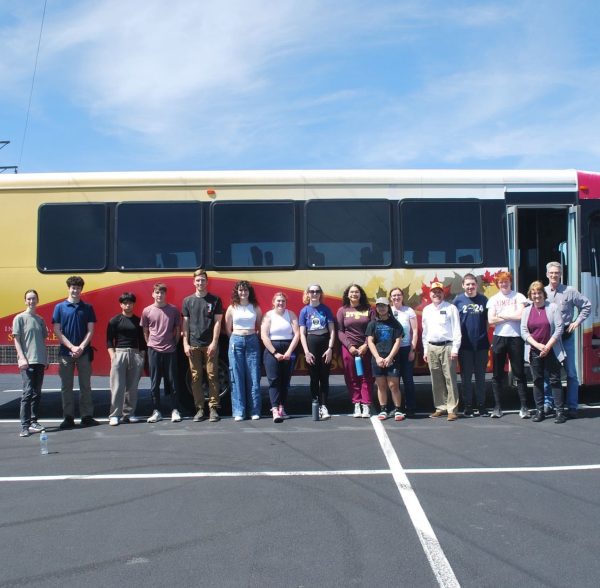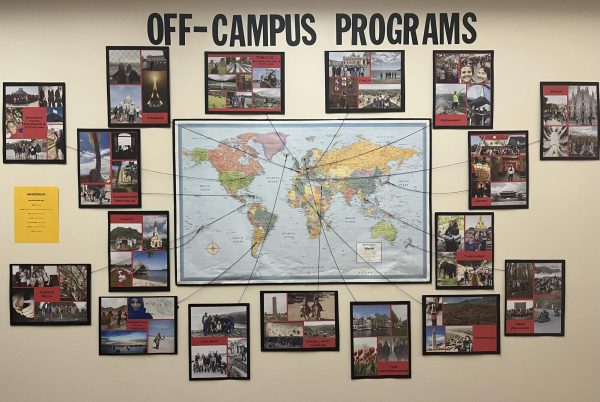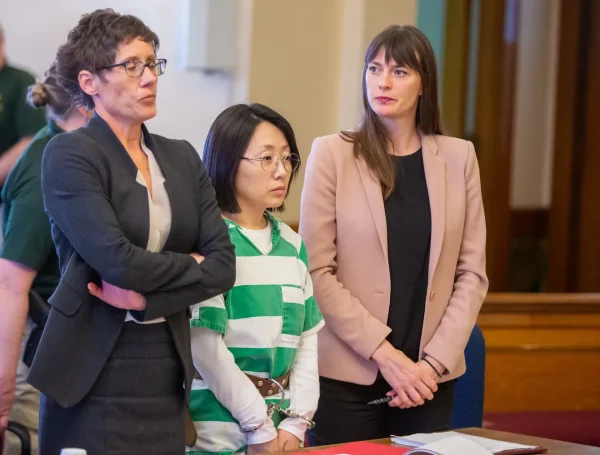Great Lakes to create 80 paid internships
September 23, 2014
The Great Lakes Higher Education Guaranty Corporation is an organization most students have probably never heard of, but for some students this school year it’s a big money saver.
According to the Great Lakes website, “We’ve seen firsthand how internships improve graduation rates and career prospects for students. So we’re expanding our program to make them more accessible for students who otherwise couldn’t afford to participate.”
Great Lakes granted Simpson College $134,200 this year for “Plan for Success” internships. Simpson is one of 40 colleges nationwide that has received this grant, and one of three colleges in Iowa to receive it. According to the Simpson press release, this program is aiming to create 48 new internships and transfer 32 internships from unpaid positions to paid positions thanks to the grant.
“We are creating and will create through the summer of next year internships in any area. We are not focusing on specific majors but instead are open to creating internships for all majors,” Jennifer del Pino, director of Career Services said.
Del Pino is the one leading the creation of the new internship opportunities and the goal is to create internships through organizations Simpson has yet to work with along with working with previous companies where the internships were not paid.
According to Simpson’s website, the internships available under this grant will occur during Fall 2014, Spring 2015 and Summer 2015. The internships will pay $12 an hour with a required 120 hours of work. In order to apply for an internship, students must verify with del Pino or Bobbi Meyers, internship coordinator, that they meet certain requirements that have been put in place in order to receive the funds.
“The student receiving grant funds must be a junior or senior, with the exception of summer 2015, during which students will need to be juniors as of fall of next year,” del Pino said. “The second requirement is that they meet financial need requirements. A student must be eligible for work study through financial need.”
Students who have received an internship will work somewhere between 8-to-10 hours a week and once a month they will submit their time cards, which will then be approved by the employer.
Many students may be unaware of where internships can be found. This could stop students from going in and talking to either del Pino or Meyer about an internship they think would be a good opportunity and connection for Simpson, but Meyer thinks it’s important for students to know there isn’t a distance limit.
“The internships don’t have to be local. For example, if a student lives out of state, that student might go home for the summer and set up an internship in his area. We are still able to offer a wage so long as both the student and the internship site supervisor agree to the outlined expectations of the experience.” Meyer said.
Students are encouraged to make suggestions for new internships. Once finalized, the internships will be posted on the CareerPaths portion of Stormfront.














